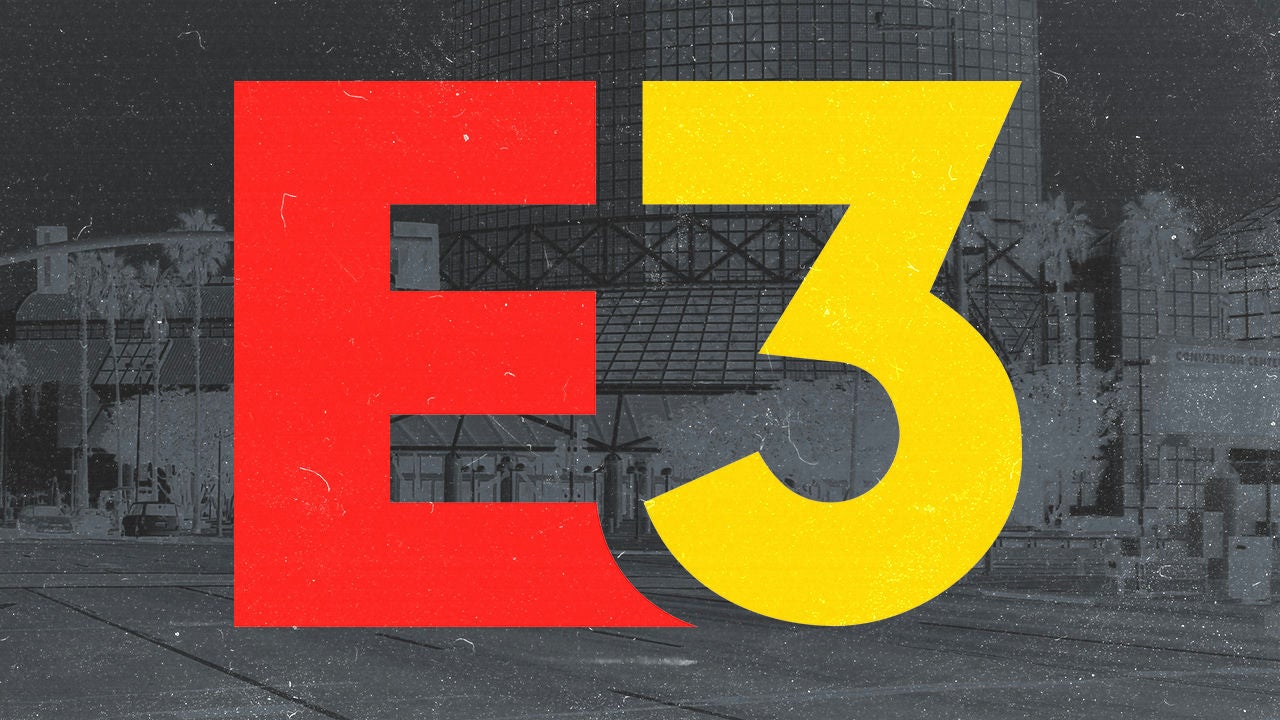The gaming community received the definitive news that E3, the Electronic Entertainment Expo, will not be making a comeback. Known for being a landmark event in the games industry for over two decades, E3 was where major game announcements and live demos took center stage. Alas, the event's downfall was attributed to an inability to adapt to changing industry landscapes, escalating costs, and rising competition from other events and digital showcases.
E3's decline began with notable publishers stepping away from participation. Sony's withdrawal in 2019 marked a significant blow to the expo's prestige. Leaks of personal information of attendees that year exacerbated the situation. While the show tried to reinvent itself as a fan-inclusive event, it was deemed too little, too late. The pandemic dealt the final blow, with the show's digital iterations failing to capture the magic of its physical presence.
Industry professionals observed how E3 struggled to justify the exorbitant costs of exhibition space against the backdrop of an increasingly digital landscape where publishers could engage directly with consumers at a fraction of the cost. The advent of events like the Summer Game Fest provided more cost-effective and modern approaches to game reveals and industry networking.
Despite the nostalgia surrounding E3—the excitement and the industry highs it facilitated—the event has effectively been left behind as individual publishers now opt for direct-to-consumer digital showcases. The cancellation not only signals the end of an era but also reflects a shift in how gaming content is consumed in an evolving digital age.
Why did E3 get cancelled?E3 was cancelled due to several factors: the event did not evolve in line with the gaming industry's shift toward digital and direct-to-consumer content, the costs associated with exhibiting were increasingly difficult to justify, and the COVID-19 pandemic prevented physical gatherings, revealing the organization's inability to successfully pivot to a digital format. Moreover, the lack of a clear identity and the competition from other trade shows and gaming events led to diminishing support from major players in the industry.








Comments
E3 bowing out definitely marks the end of a beloved chapter in gaming culture, but it's a strong reminder that adaptability is key in the digital age. It will be interesting to see how the industry continues to evolve its approach to hype-building and community engagement in the post-E3 world.
Ah, it's truly the end of an era with E3 bowing out. Those electrifying reveals and communal hype moments are now destined to be part of gaming folklore—a testament to how the industry's evolution is as relentless as it is nostalgic.
Man, seeing E3 ride into the sunset hits right in the nostalgia, but I guess it's a sign of the times—gaming's gone fully global and digital. Sometimes you gotta level up or get left behind in the lobby, and E3 just couldn't find that next-gen strat fast enough.